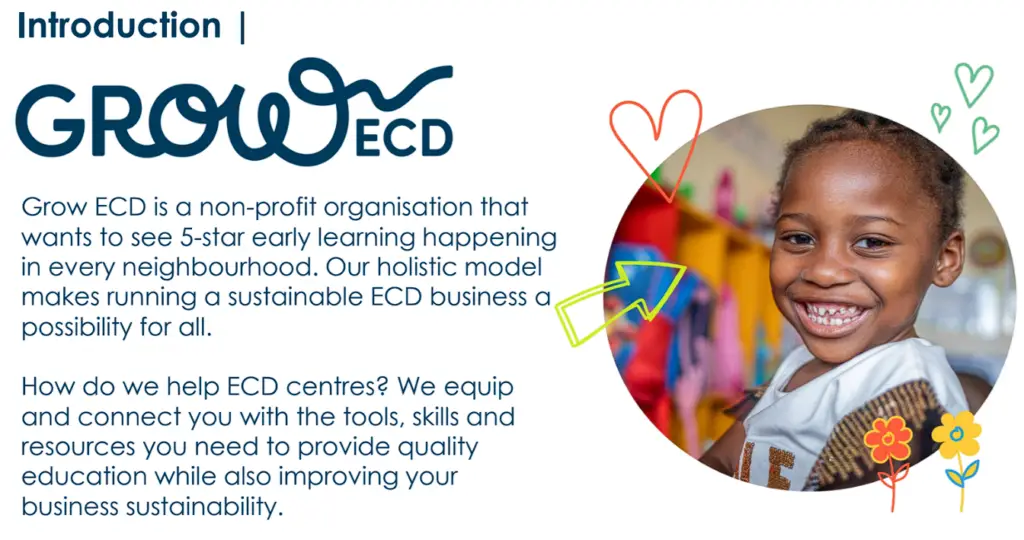South Africa Public Expenditure and Institutional Review for Early Childhood Development
Early Childhood Development (ECD) is a key priority for the South African government and is one of the most powerful levers to unlock the future potential of the country. The period from conception to five years of age is the time in which we can have the largest influence to ensure children thrive throughout life. Investing in ECD is one of the most important tools we have to reduce the acute impact of poverty and ensure better performance of our children in formal schooling. If we lay a good foundation early on, we can reduce a child’s likelihood to leave school prematurely, we can improve their performance in school, build the skills they will need to succeed in the workforce and, ultimately, reduce poverty and boost equality. The Department of Basic Education (DBE) has partnered with the World Bank and the National Treasury to conduct this Public Expenditure and Institutional Review. The DBE has identified two priority outcomes: reduced malnutrition in the early years and improved early learning to guide the review. To improve and strengthen the delivery of the ECD function, the review examines expenditure that is allocated to ECD, identifies opportunities to increase or improve expenditure, and suggests ways to strengthen inter-departmental and cross-government collaboration to help ensure that all children in South Africa receive a comprehensive package of integrated support and services to build the foundations to thrive later in life. The review considers the extent to which expenditure across various government departments and spheres is aligned with ECD priority outcomes. The analysis includes reporting on relevant and complementary expenditures and conducts analysis of budgets from multiple Departments. The PEIR identifies the major constraints and opportunities for further expansion of ECD services and quality improvements and options for how to address these going forward. The options are presented in phases to indicate the most pressing priorities and ensure fiscal affordability. Increased funding for ECD will be required, but there are also changes that can be made with more limited fiscal impact, to expand and improve ECD service delivery. We hope that this review and the options it presents will be useful in informing the ECD sector’s medium to long- term planning and provide the necessary motivation for increased funding to the sector and for strengthened collaboration between government departments. The ECD function transfer creates an urgent opportunity to take stock of existing efforts and make changes to ensure a brighter future for our children. More than one quarter of South African children below the age of 5 are stunted, indicating unacceptable levels of malnutrition. An estimated 80 percent of children are living in learning poverty, unable to read and understand a simple paragraph by the age of 10. The moment to change is now. Good progress has been made in the recent decade, including expanded access to grade R, increased funding to subsidise the cost of ECD programmes for poor children and wider implementation of the National School Nutrition Programme.
